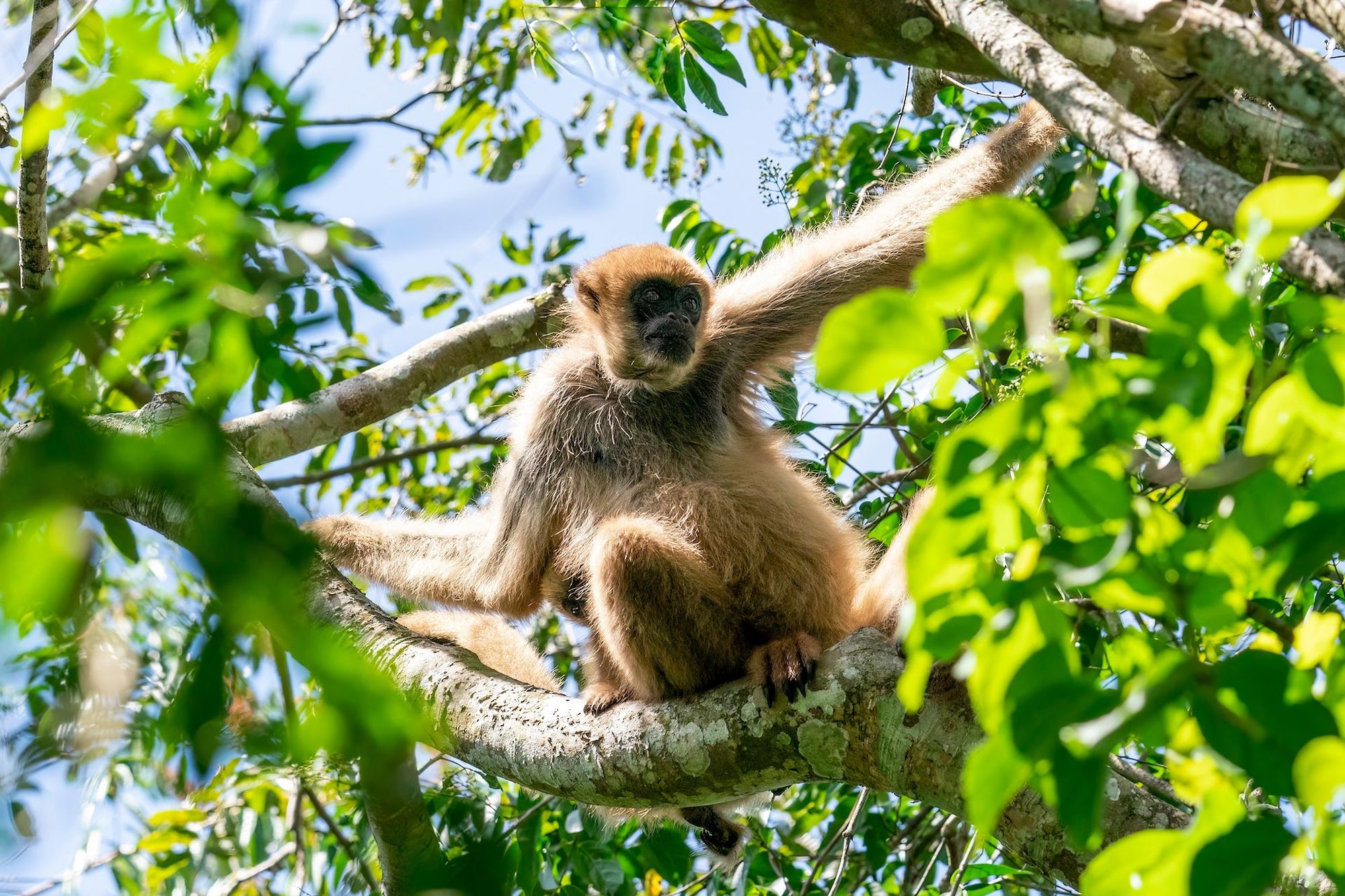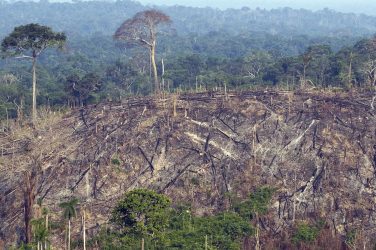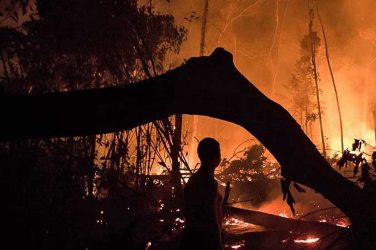We tend to think of debt as purely financial, but we can also reap what we sow in the natural world through what is known as extinction debt. This concept refers to changes in the past that affect a species’ survival in the future.
Ecosystems often undergo profound and dramatic changes, but their effects are not always obvious to the naked eye. These changes are increasingly caused or triggered by humans.
In many cases, affected species may not actually disappear for several decades or even centuries: individuals survive, but under ecological conditions that do not allow them to maintain genetically viable populations. This often occurs with plant and animal species that have long life cycles, such as certain tree species.
Some redwood or yew populations may therefore survive with the bare ecological minimum for long periods of time, but this does not mean that their existence is assured in the long-term future. This delayed result is the “debt” of extinction.
Such situations can occur in any ecosystem in the world, including tropical and subtropical forests. In fact, several studies have shown that biodiversity loss is accelerating on different continents, with the risk of mass extinction of species.
The primates of the Atlantic Forest
When we picture Brazil, it calls to mind the thriving Amazon rainforest, the mighty rivers of its vast basin and countless miles teeming with all manner of flora and fauna.
However, Brazil also hosts other landscapes which are just as unique as the Amazon. The Cerrado, Caatinga and the Mata Atlântica are just a few examples.
The Atlantic forests of South America – known as the Mata Atlântica in Brazil – are some of the richest and most diverse bioclimatic areas in the world, and are home to a large number of primate species.
Many of these species are native to these forests and are in serious danger of extinction. This is the case, for example, for the southern muriqui (Brachyteles arachnoides) and the northern muriqui (Brachyteles hypoxanthus), two of the largest tree dwelling species of New World monkey.
Smaller endemic primate species such as tamarins (Leontopithecus rosalia, L. chrysopygus, L. chrysomelas and L. caissara) are also in danger of extinction. Others, such as guaribas, also known as brown howler monkeys (Alouatta guariba), which were relatively abundant until a few years ago, have been decimated by the recent outbreaks of yellow fever that have affected eastern and southern Brazil.
All the primate species of the Atlantic Forest have in common the fact that they survive in isolated forest fragments of varied dimensions, surrounded by crops and pastures.
Consequences for trees
Many of the interactions that occur between animals that feed on fruits and the plants that produce them are considered “mutualistic interactions”, a type of ecological relationship that benefits individuals belonging to two or more species.
In these cases, the plants produce the fleshy, nutritious pulp of the fruits that is consumed by the animals. In return, many of their seeds are distributed in places where new plants can germinate and grow.
Human impacts often affect the interactions between animals – such as tree dwelling primates – and plants. Recently, it has been found that these impacts often result in extinction debts affecting numerous tree species.
Trees that produce seeds that are large or protected by a very tough shell rely heavily on such animals to disperse their seeds effectively through the forest. Therefore, when large primates and other herbivorous vertebrates become locally, regionally or globally extinct, the plants whose seeds they disperse are also affected.
A recent study attests to this. The research shows how deforestation, habitat fragmentation and disease have affected the primates of the Atlantic Forest in southeastern and southern Brazil, and how the ecological interactions in which they participate or used to participate have changed.
This study warns that the progressive deterioration of the interlinking mutualistic interactions between animals and the plants on which they feed is jeopardising the very survival of these forests.
This threat comes on top of climate change which will, in the short term, cause forest fires to become more frequent. In the middle and long term, it will turn vast areas of forest into open savannahs little suited to the needs of tree dwelling primates.
Forest fragmentation – whereby forest areas are isolated from each other and surrounded by intensive sugar cane or soybean cultivation – will only exacerbate these effects.
Juan Carlos Guix is a collaborator at the Biology College at the University of Barcelona.
Antoni Serra Sorribes is the director of the Resource Center of Animal Biodiversity of Biology College of Univeersity of Barcelona.
This article was originally published in The Conversation. Read the original article here: https://theconversation.com/declining-primate-numbers-are-threatening-brazils-atlantic-forest-220169














